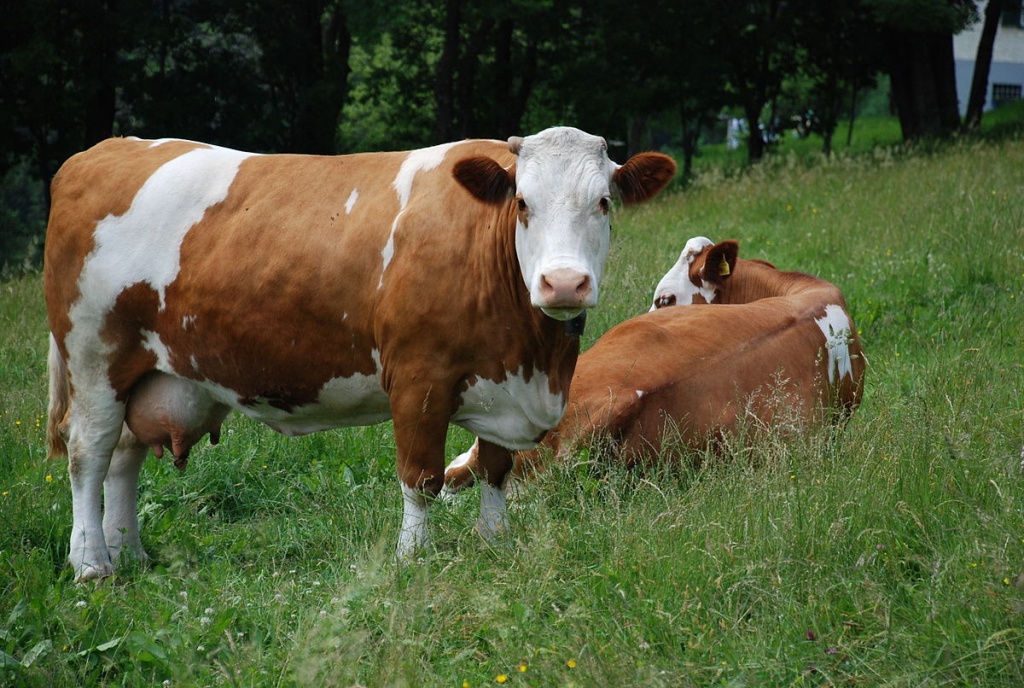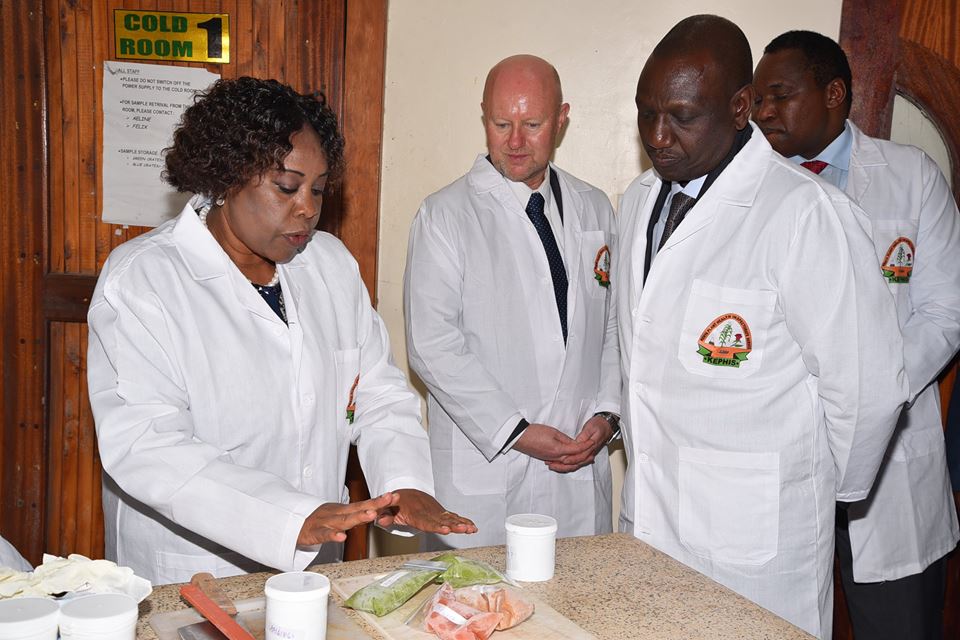Farmers can now detect crop diseases and deficiency of important nutrients such as phosphorus thanks to the launch of a new app called Eska developed by botanist and biochemist, Samuel Kamya.
The app which was launched in December 2017 is available on android devices. Once installed, the user taps on the icon labeled Eska, it will then access the phone's back camera and when the plant under study is scanned, it displays the results on the screen.
Related
App alerts buyers of prospected harvest
Crop app tells contractors expected yields, market size to cut losses
Technology improves soil fertility through green innovation
“Given my background as a botanist, I wanted to do something to improve farming. I discovered that for a farmer looking to earn from his harvest, he would have to overcome pest infestation, attack by diseases and nutrient losses so that he sell his produce,” said Kamya.
“I understood that these problems could be solved using software. So we developed an app that is powered by artificial intelligence to identify diseases, infections or nutrient deficiencies in crops,”

Traditionally, the farmer would invite a trained agronomist or send samples to either a national or a private lab, wait for a week or a couple of days for the results.
Thus, farmers can benefit from the app by monitoring their crops for fungal or bacterial infections; this will help them quarantine and deal with the infection decisively. They can choose to destroy infected plants before they spread the infection any further.
If the plant is not severely affected the farmer can apply fungicides on it without spraying the whole garden. In this, the farmer saves on fungicides and pesticides while practicing a sustainable form of agriculture with the least impact on the environment.
The application can also spot nutrient deficiencies, which allows the farmer to apply the lacking nutrients in a timely manner without risking mineral toxicity.
Some nutrient deficiencies are due to either acidic or highly alkaline soils. The soils are acidic when they are below (pH 5.5) and alkaline (above pH 7.8) which in turn affects the uptake of several other mineral nutrients. With the results, farmers can proceed to either add lime to raise the soil pH or sulfur to lower it.
Also, the farmer can adequately prepare his soil for the next season's crop, by investigating if there are any present weeds and for clues on what nutrients the particular soils are lacking. This way, the farmer gets an opportunity to apply corrective measure before planting.
The Eska app is therefore the ultimate companion tool for the small holder farmer. It saves one from future and present headaches.
More information on the app can be found on https://wp.me/P8vPPS-2
Write comment (0 Comments)

















